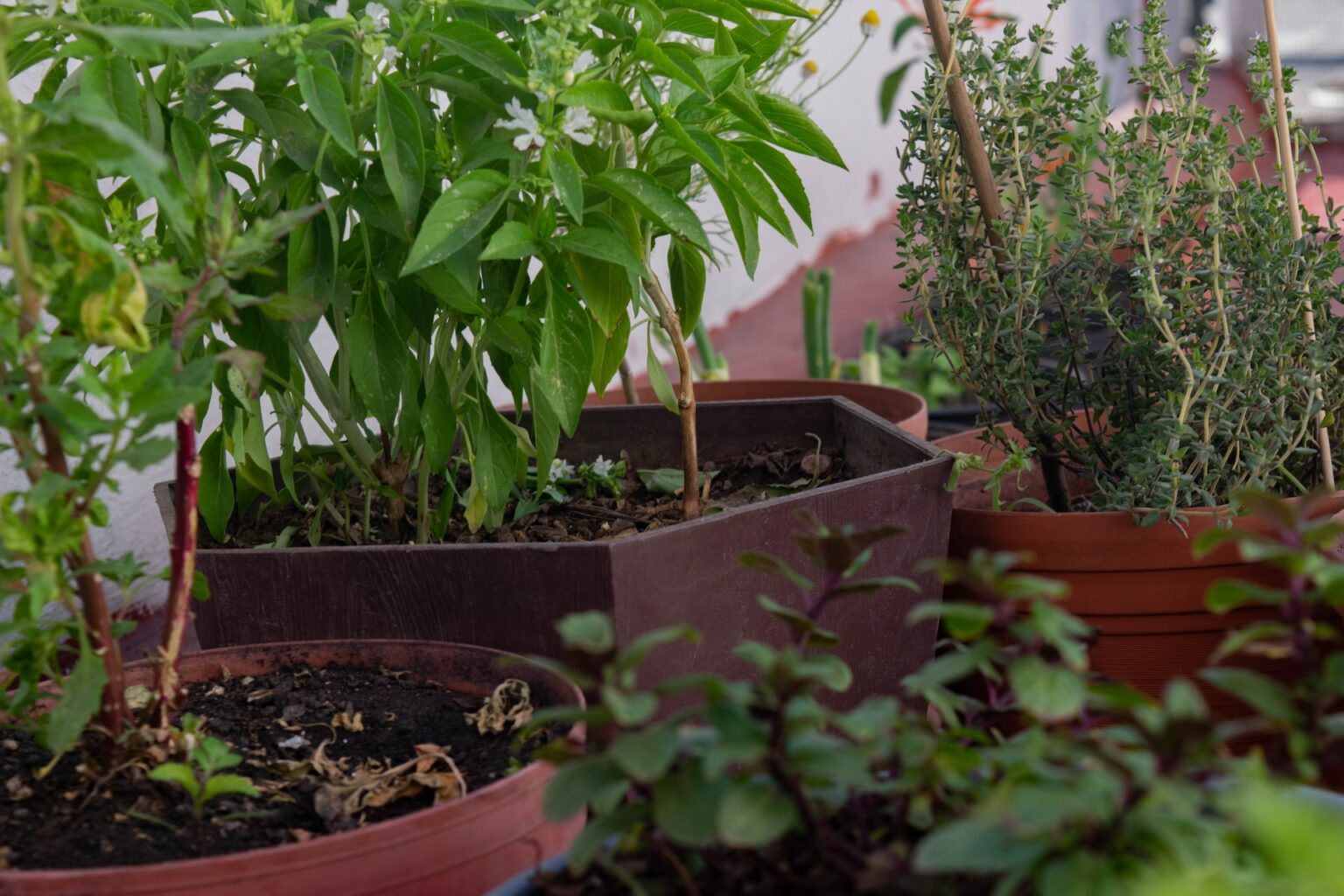Have we ever paid attention to the waste that comes out of our kitchen? Vegetable and fruit peels and stock, egg shells, dried flowers etc. I was shocked to see the amount of waste generated from one household. Just visualize the quantum of waste generated from one town, one district, one state and one country. Unimaginable!
What really happens to this waste? Let me help you!
Imagine, if your waste is not disposed of for a few days. The waste which is dumped in your dustbin, will start to rot. After a few days, it will stink. The stench would make your life impossible. You would be desperate to get rid of the rotting waste from your house. Now, if the waste from one whole town or a city is collected at one place and left to rot, what exactly would be the consequence? Landfill sites emit poisonous gasses such as Hydrogen Sulphide, which severely impacts respiratory organs and can cause lung cancer. Children are at a high risk of contracting life-threatening diseases. The by-products of solid waste deposited in a landfill have adverse effects on the residents. There is no dearth of research to evidently establish that the deposition of waste on landfill has an impact on the surrounding environment and residents living closer to it. Along with methane, landfills also produce carbon dioxide and water vapor, and trace amounts of oxygen, nitrogen, hydrogen, and non methane organic compounds. These gasses can also contribute to climate change and create smog if left uncontrolled.
Are we really so selfish? Don’t we absolutely bother to think of what the waste generated by us is doing to others? Are we so ruthless to not be able to fathom the impact of our actions on other humans, on the infants, on the birds, on the animals, on the environment, on the climate? We have to at some point regain our sensitivity and start contributing a little to the world at large. I am not asking you to clean the waste generated by others. I am merely asking you to control the waste generated in your kitchen.
Okay, so how do we do it? Simple. By Home Composting.
I live in a nuclear family. Just me and my husband. Every night as I kept the eco-friendly bags (by using these eco-friendly bags I i thought I was doing enough for the environment) filled with waste in our lobby for the “Kachra Wale Bhaiya” to pick it up in the morning, I was amazed at the extent of waste a kitchen of 2 people generated. Ain’t it funny, we call the man collecting our waste “kachra wala”, when in reality we are the one who are the original creators of the kachra (waste). A few days later, I happened to travel to a suburb in Mumbai, called Deonar. I was traveling in my air-conditioned car which had air fresheners and camphor cones, which kept the car aromatic. Needless to say, I have a fetish for fragrances. I try to keep my surroundings fragrant by having fresh flowers, infusers etc. And then, suddenly I feel a strong stench, which keeps getting intense. I looked around, when I saw a huge garbage mountain. It is difficult for me to express the sight in words. On the huge mountain of rubbish, where crows and vultures were hovering. I could also see kids and adults manually segregating the waste. I don’t think they had any equipment or were even dressed appropriately. I am sure, long term scavenging would take a drastic toll on their health. This site haunted me for days.
We live in a world, where we are so occupied by our ownselves that we absolutely turn a deaf ear and a blind eye to everything happening around us. Even if we are the cause of the devastation. I spent sleepless nights reading and watching videos of consequences of unmanaged waste. Desperate to do my bit, I thought of home composting. While this is easier for people who have their own yard, it may get a little tricky for people living in apartments and with a shortage of space. But, where there is a will, there is a way.
I ordered a composter, which is nothing but about 4 layers of soil pots , with small holes for ventilation of air. I was required to fill the pots, one after the other with the perishable waste from my kitchen. Once the waste is layered, I then put another layer of compost/ coco peat/plain soil and sprinkle it with a little buttermilk. Buttermilk helps in faster composting. Once the pot fills up after about 15 days, we seal it with a newspaper and cover it with a lid and leave it to compost. You can keep mixing it once in a while for it to compost faster. After another 2 months, you open the lid and magic happens. All the waste is reduced in half the size and turns into a nice and fragrant black colored soil. This is also known as “Black Gold” by farmers. No stench, no insects, no nothing. Until I told my guests that I am composting, they would never make it out that I was actually inducing decomposition of our kitchen waste. It’s actually so simple!
This bio gold can be used to feed your plants. You don’t need any other chemical to make your plants bloom. I have even started packing this bio gold and gifting it to people who are fond of home gardening.
Today, we largely follow the principle, “What is out of sight is out of mind”. However, what we throw away matters, and when it fails to get recycled (the case 68% of the time), it often heads to be covered over in the landfill. We are not only running out of space, but also living in an environment which is highly toxic. We humans have destroyed our environment and now the onus to reverse it’s deadly impact is also on us. We cannot and should not escape this responsibility.









